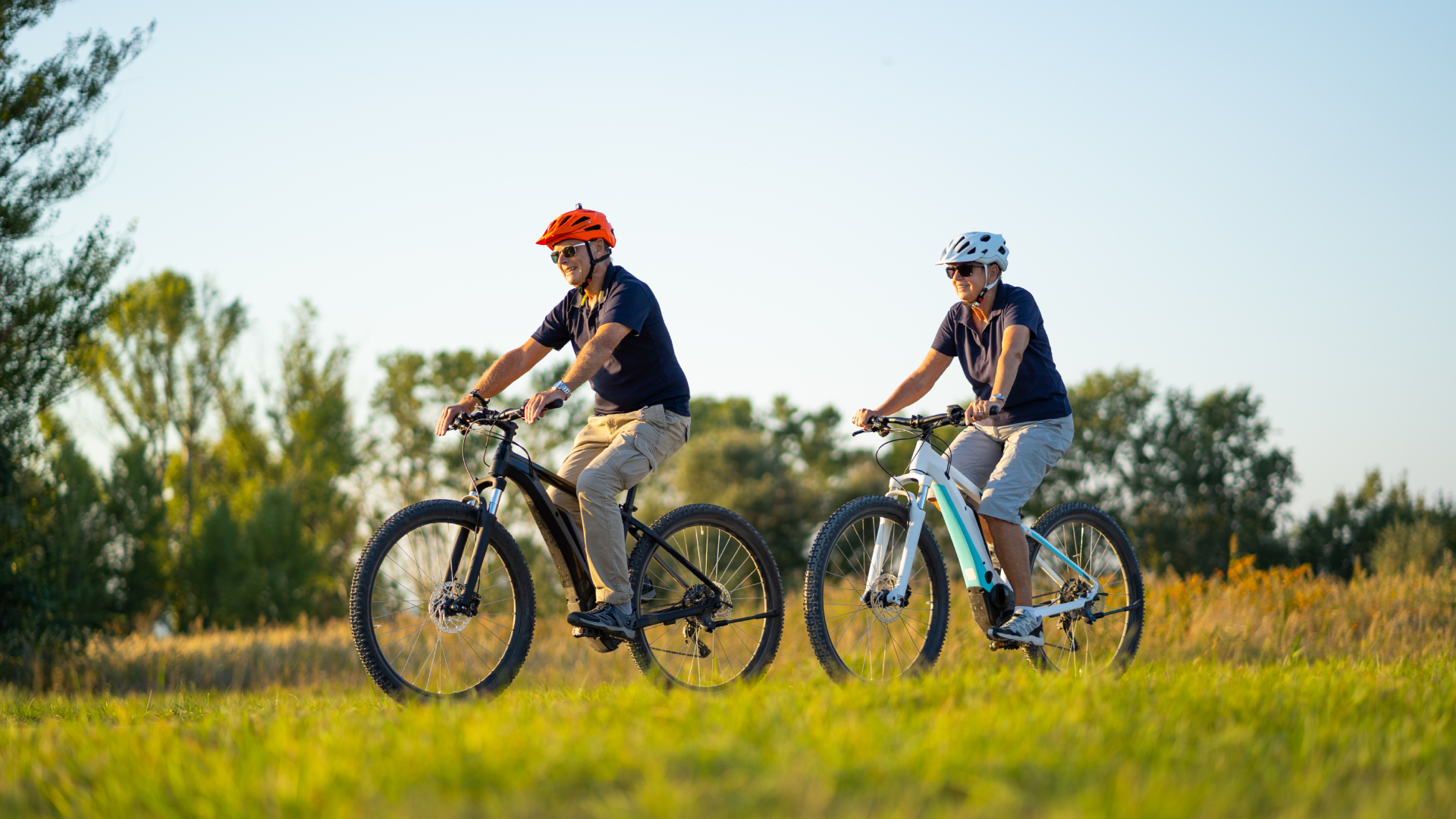E-cycling may be an easier way of managing type 2 diabetes than diet, study finds
Electric bikes allowed participants to ride further, faster - and have more fun


If you don’t enjoy something, you’re not likely to continue doing it - and doing nothing is going to leave you much, much further from your goals than doing even a little.
It’s that principle which underpins a recent study into the benefits of using an electric bike for managing type 2 diabetes. The paper concluded that “engaging in e-cycling was [..] an easier way of managing their diabetes [in comparison to] diet or other types of exercise - largely [because of] the enjoyment of riding.”
Part of what made the riding so enjoyable was the low perceived effort and “the ability to ride further, faster and on hillier terrain than previously possible”.
This is important because physical activity is a key component in the management of type 2 diabetes. However, as the researchers from the University of Bristol highlighted, the population segment which suffers from type 2 is overall less physically active than those without type 2 diabetes - and many fail to meet the recommendation of 150 minutes of moderate to vigorous physical activity (MVPA) per week.
As part of the investigation, interviews were conducted with 8 male and 8 female participants from the e-cycling arm of a pilot randomised controlled trial between September 2019 and April 2020 - the mean age of the participants was 59.75 years old.
Participants in the study received two one-to-one e-bikes training sessions, followed by a 12-week e-bike loan in which they were told to ride the e-bike as they desired - no set riding distance or time was stipulated. During the loan period, the participants were also offered two further training sessions.
The median distance travelled on the e-bike during the loan period was 144.4km and a median number of journeys was 22. This is based on the available data from 13 participants.
The latest race content, interviews, features, reviews and expert buying guides, direct to your inbox!
Both the men and women who participated in the study found that e-cycling positively impacted a variety of health outcomes including diabetes management, through notable decreases in blood sugar levels, improved mental health and increased fitness.

I’ve been hooked on bikes ever since the age of 12 and my first lap of the Hillingdon Cycle Circuit in the bright yellow kit of the Hillingdon Slipstreamers. For a time, my cycling life centred around racing road and track.
But that’s since broadened to include multiday two-wheeled, one-sleeping-bag adventures over whatever terrain I happen to meet - with a two-week bikepacking trip from Budapest into the mountains of Slovakia being just the latest.
I still enjoy lining up on a start line, though, racing the British Gravel Championships and finding myself on the podium at the enduro-style gravel event, Gritfest in 2022.
Height: 177cm
Weight: 60–63kg